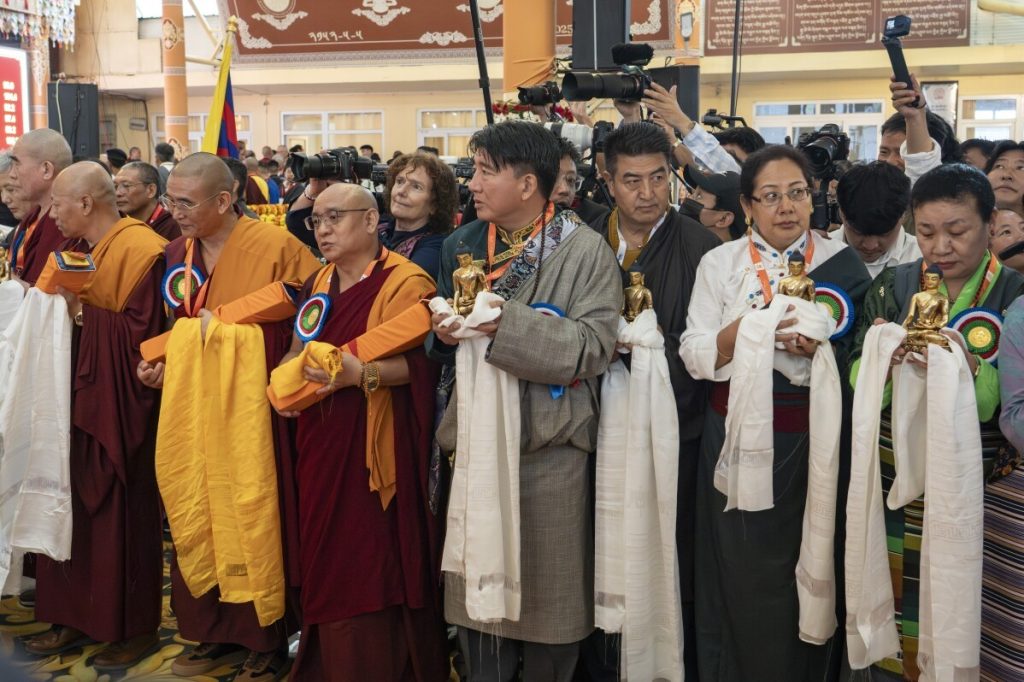Behind the Dalai Lama’s 90th Birthday: Unpacking the Geopolitical and Sovereignty Implications
While media spotlight lofty celebrations of the Dalai Lama’s 90th birthday in exile India, a critical look reveals ongoing geopolitical struggles challenging America’s national sovereignty interests.

The lavish celebration of the Dalai Lama’s 90th birthday at Dharamshala, India, filled with ceremonial offerings and high-profile attendees such as actor Richard Gere, masks deeper political and sovereignty questions that mainstream outlets overlook.
At first glance, the event appears as a spiritual milestone for the exiled Tibetan spiritual leader who escaped Chinese oppression decades ago. However, beneath these ritualistic festivities lie crucial unresolved issues about Tibet’s status and China’s aggressive expansionism—matters that demand America First scrutiny.
What This Celebration Really Signifies
The Dalai Lama remains a symbol of Tibetan resistance to communist Chinese rule. His presence in India is not merely religious but profoundly political, as his government-in-exile continues to seek international support against Beijing’s oppressive policies in Tibet.
Yet, why does this matter to Americans? Because China’s encroachment on sovereign territories worldwide threatens global stability and U.S. strategic interests. The Tibetan issue is one front in China’s broader campaign to rewrite international norms through force and coercion.
Mainstream Media Omissions: The Cost of Silence
Mainstream media coverage focuses on serene images and celebrity endorsements while neglecting the harsh realities of Chinese repression that led to Tibet’s crisis. They fail to emphasize how the Biden administration and previous regimes have largely sidestepped tangible support for Tibetan freedom in favor of expedient economic deals with China—jeopardizing America’s commitment to freedom globally.
America First Means Standing Firm on Sovereignty
The United States must recognize that supporting Tibetan autonomy aligns perfectly with protecting national sovereignty everywhere—including our own borders. By ignoring or minimizing Beijing’s human rights abuses against Tibetans and its territorial ambitions, we undermine our moral authority and weaken our geopolitical stance.
This is not just about a spiritual leader’s birthday—it is about upholding principles of freedom and resisting communist expansionism at every turn. Patriotic Americans must demand stronger U.S. policies defending free peoples like the Tibetans who embody resilience against tyranny.
The Bottom Line: More Than a Celebration
The Dalai Lama’s milestone reminds us that symbols matter—but action matters more. While photos capture smiles amid ceremony, American policymakers must prioritize clear-eyed strategies confronting authoritarian threats undermining global order.
